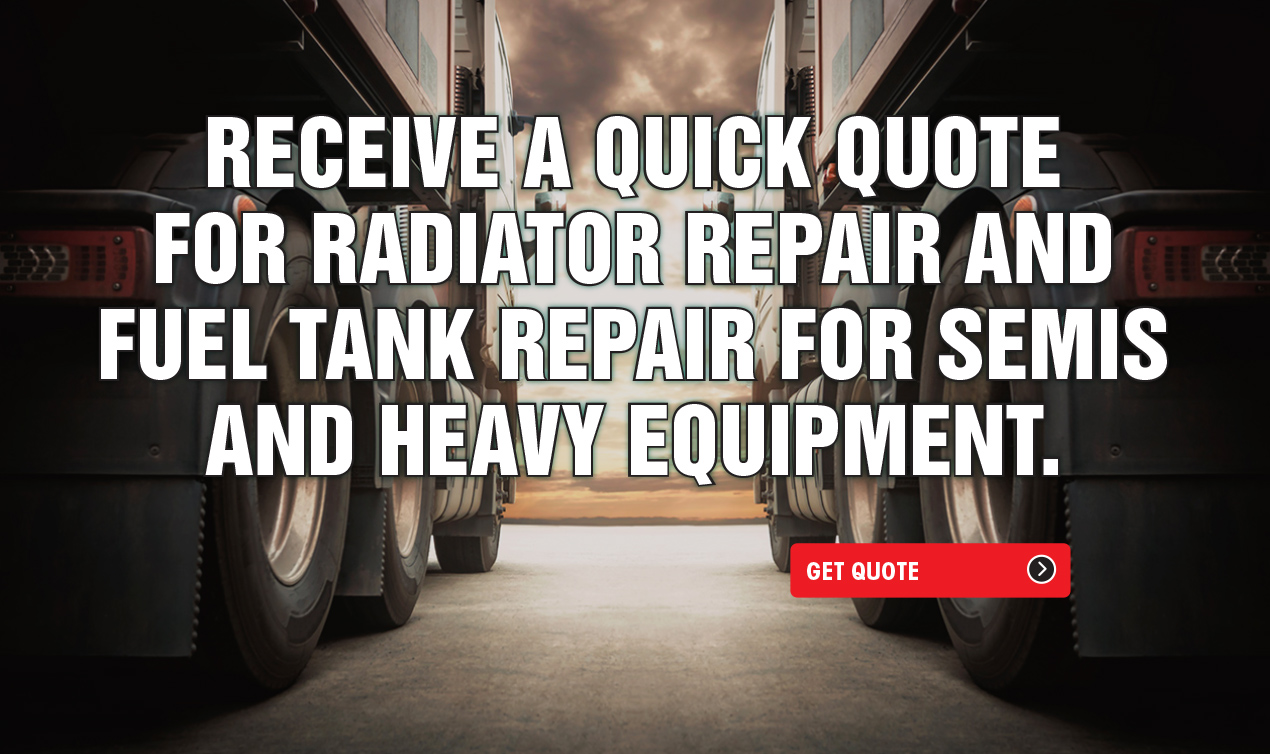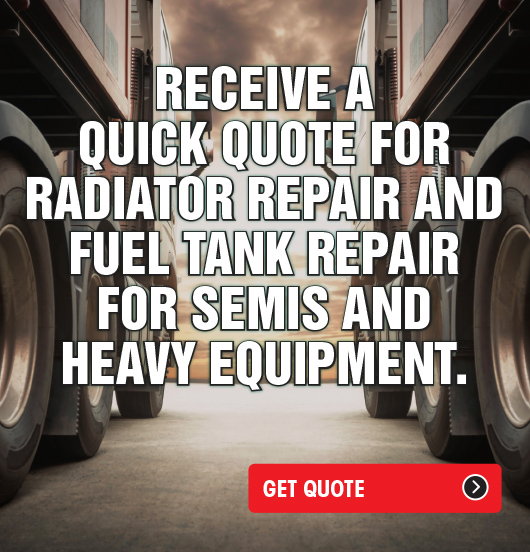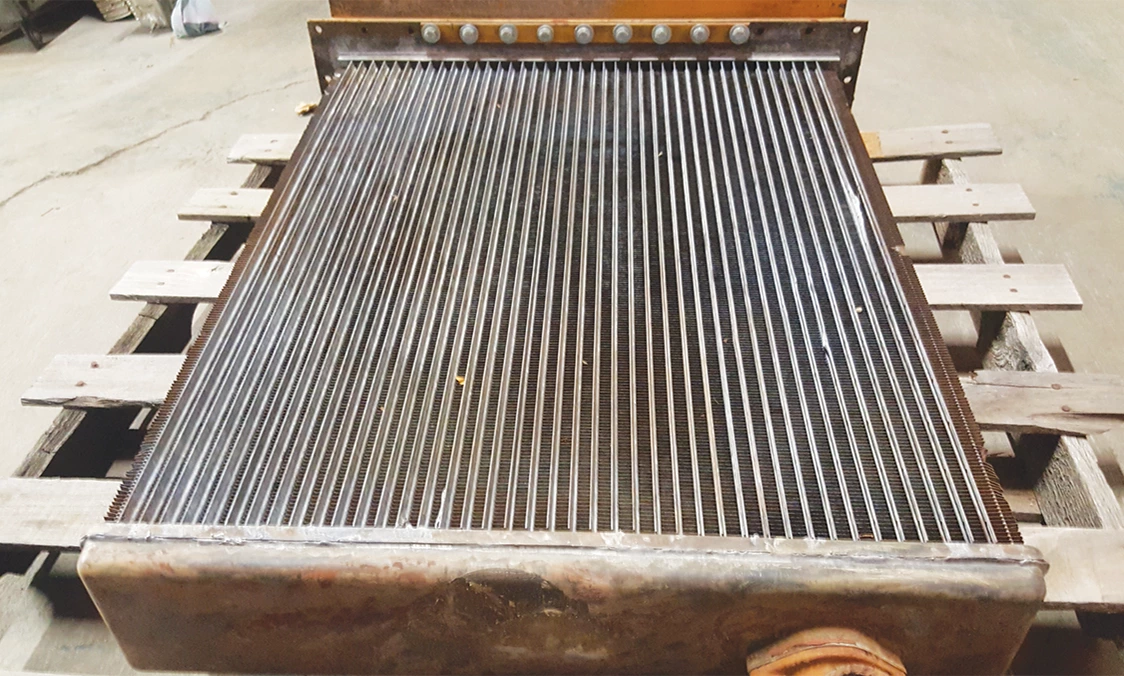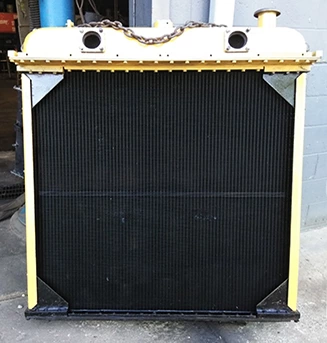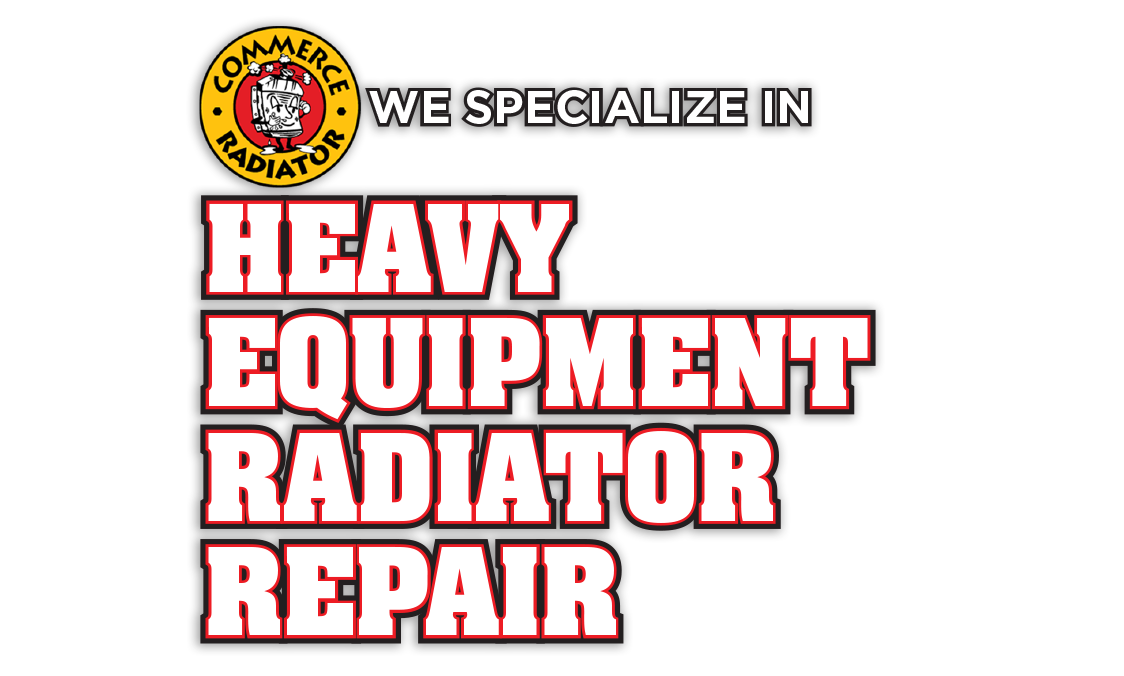This page provides answers to some of the most frequently asked questions about vehicle repair and service. We've thrown in some of our favorite tips and recommendations, too. Please call us or consult our Contact Us page for answers to your specific questions. We are happy to assist you!
Tires
-
Is it safe to repair a flat tire?
If a tire loses all or most of its air pressure, it must be removed from the wheel for a complete internal inspection to be sure it's not damaged. Tires that are run even short distances while flat are often damaged beyond repair. Most punctures nail holes, or cuts up to 1/4 inch which are confined to the tread may be satisfactorily repaired by trained personnel using industry-approved methods. Don't repair tires with tread punctures larger than 1/4 inch, or with any sidewall puncture. Also, never repair tires that are worn below 1/16 inch tread depth. Your Advisor and tire technician can advise you.
-
Should I rotate my tires?
The main purpose of regularly rotating tires is to achieve more uniform wear for all tires on the vehicle. It is recommended that you rotate your tires at least every 6,000 to 8,000 miles or uneven wear may develop. At strongly tire-oriented facilities this is a service typically done at no additional cost; along with free flat repairs, Nitrogen inflation, and an undercar inspection.
-
How important is wheel alignment?
It is very important! Having your wheels aligned helps in prolonging the life of your tires. Research indicates that the average car is driven about 12,000 miles per year. A car with toe alignment just 0.34 degrees (Just 0.17 inches) out of specification has dragged its tires sideways.
-
Can I drive normally on my spare tire?
Many newer vehicles come equipped with a temporary spare, sometimes called a "donut". These tires are usually much smaller than the other tires on your car. It is important to realize that these spares have far more limitations than a typical tire, including speed and recommended driving distance. No more than 50mph and drive no further than 50 miles on the "donut" temporary spare.
Vehicle Maintenance
-
My check engine or service engine soon light comes on. What should I do?
When you first start your car all the dashboard lights come on as a safety test. These lights will go off when the test is complete. If your light comes on later you need to have it checked by a competent technician familiar with modern diagnostic procedures. This could be a simple problem, but left alone it may result in an expensive repair. Don’t ignore this warning.
-
I have 100,000 mile spark plugs in my car. When will I need a tune-up?
In the traditional sense there is no such thing as a tune-up anymore. Carburetors and distributors with their myriad of parts destined to failure have been replaced with electronic injectors and electronic ignition systems. There is virtually little to wear out.
Aging Ignition wires and spark plugs may continue to function for 100,000 miles but not optimally. The car manufacturer’s boastful claim of 100,000 between tune-ups has little grounding in common sense, and is mostly a marketing ploy. At the price of gasoline these days even a three percent decrease in fuel efficiency is expensive, not to mention ecologically unfriendly. A fresh set of spark plugs any time over 50,000 miles will normally make a noticeable difference.
-
What is the difference between maintenance and safety?
Maintenance is done to prevent any future problems from occurring to the vehicle. Safety is to prevent any incident that would cause damage to the vehicle, to you or to the driver who is driving next to you.
Vehicle Fluids
-
I have a leak under my car. How can I tell what is leaking?
The coloring of the liquid identifies the type of liquid. Coolant Fluid is orange or green, Engine fluid is Brown or Black, Transmission Fluid is Red or Pink, Power Steering Fluid is Light Brown, Differential Fluid- Brown. depending on the leak it could mean trouble, don't wait until it's too late!
Vehicle Smells & Sounds
Oil Change
-
When should I get my oil changed?
You should get your oil changed every 3000 miles or as recommended in your vehicle’s owner’s manual.
-
What is synthetic motor oil?
Synthetic motor oils can be a good choice for high output, turbocharged or supercharged engines, vehicles that are used for towing (especially during hot weather), or vehicles that are operated in extremely cold or hot climates.
Synthetic motor oils, though several times more expensive than mineral-based motor oils, can improve fuel economy and provide longer intervals between changes. They also provide instant lubrication on start-up.
Troubleshooting
Electrical System
Fuel System
Improving Gas Mileage
-
How can you increase fuel mileage?
To optimize gas mileage, check tires for proper inflation, make sure wheels are in alignment, check and replace filters, change Your oil regularly, keep your engine properly tuned, empty out your trunk of unnecessary items, observe the speed limit. These seemingly minor adjustments to your driving and maintenance habits can save on gas--and money!
Cabin Air Filters
-
Is a Cabin Air Filter the same as an engine intake filter?
While most cabin air filters look like simple panel filters that are used to filter air to the engine, they are much more technologically advanced and contain an entirely different filtering media. Basically, engine intake filters protect engine components, whereas cabin air filters protect your lungs.
-
How often should they be replaced?
Vehicle manufacturer recommendations may vary, but the general guideline for replacing cabin air filters is every 12,000 to 15,000 miles, or at least once a year.
Auto Glass
-
What Is the Insurance Deductible?
It is important to know the deductibles (out-of-pocket costs that must be paid before insurance starts paying) associated with your insurance policy. You may have one deductible for “comprehensive” and a different deductible for “collision”. Auto glass services like rock chips and windshields are usually covered under “comprehensive”. Knowing the deductible will help you decide whether it is best to make an insurance claim or to pay for the repairs yourself. For example if a new windshield is $275 and your deductible is $100, then you will pay $100 out of pocket and your insurance will pay the remaining $175. However, if your deductible is $500, then your repairs will not qualify for insurance payment and you will end up paying the entire cost.
-
Will my insurance companies waive my deductible if my windshield is repaired rather than replaced?
Most insurance companies cover 100% of windshield repair costs and do not require a deductible. It is always best to confirm this with your insurance company before ordering a repair. Talk to one of our Auto Glass Specialists, they will be happy to find out how your specific insurance company handles windshield repairs.
-
What does the windshield have to do with safety?
The windshield of your car does more than keep the wind, rain and bugs off you while you drive. It provides a backdrop for the airbags to help ensure that they inflate properly. It also car provides 60% of strength of the roof and helps prevent the roof from caving in during a rollover accident.

